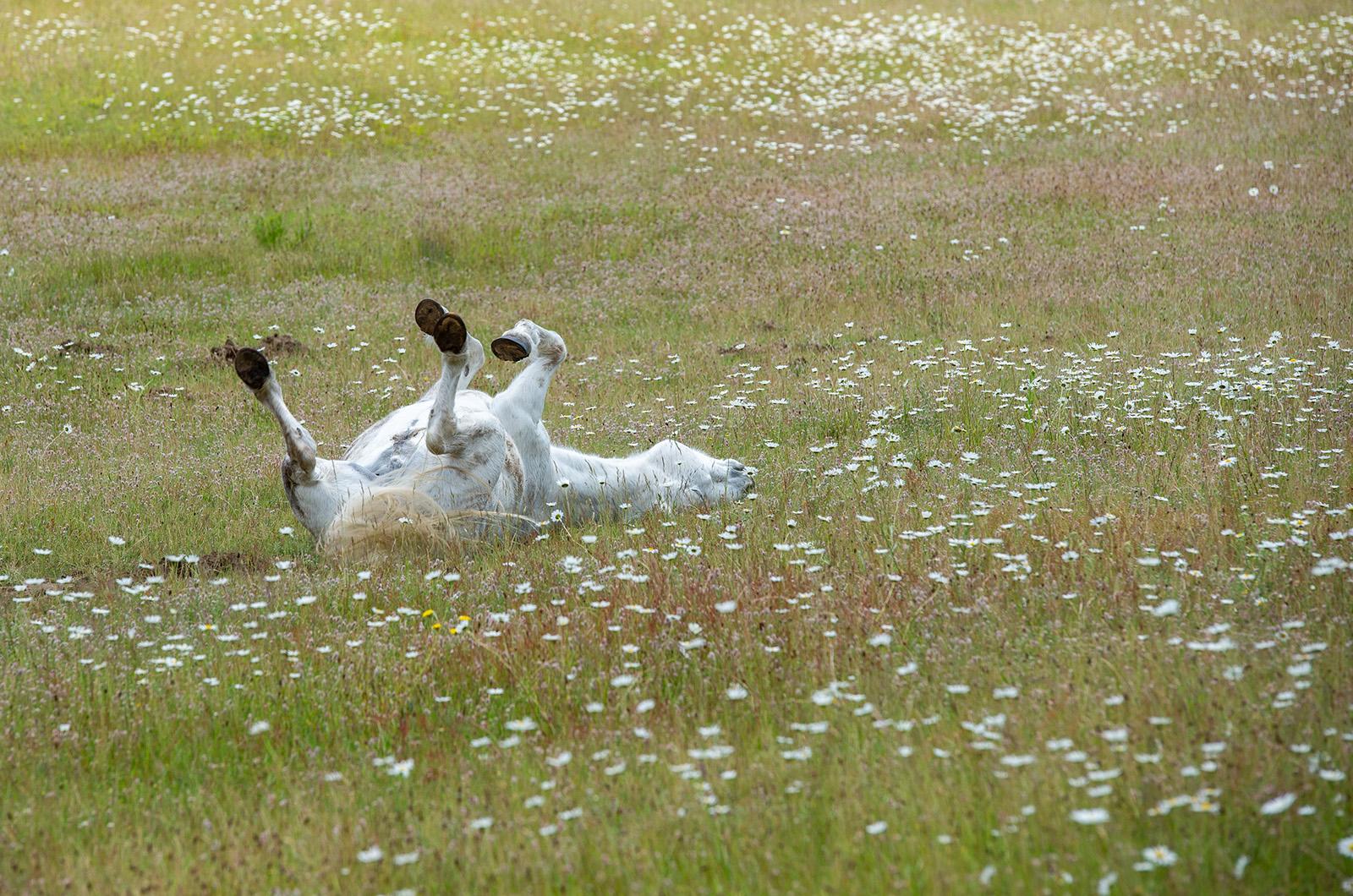It rained the day before high school graduation a few weeks ago. Real rain, good rain, the kind of rain that makes you understand why they call it a “rain shower,” the water pooling on our dirt driveway the way it does on bathroom tile.
I was home to watch my brother Jake walk across the stage at the Tabernacle. Early that morning, my dad nursed a cup of coffee at the kitchen counter. He didn’t notice my grandparents hurrying into the house from the car, coats pulled over their heads.
“We needed this rain,” he said simply, with a note of contentment and pride, as if he had sent the rain itself.
No doubt his mind was on the fields at Grey Barn Farm that, after the first June haying, would crisp in the dry dirt without rain. Rainfall is make-or-break in the business of baling hay, which is exactly my father’s business this time of year. But it’s not my business, not yet anyway, and to me June rain is like the flash of lighting before the thunderous green of Island summers.
After real rain, the late-leafing oaks, the soft little milkweed starts, the knee-high pasture grasses, remember their own richness and put it on display. This is exactly how things should be. Rainfall reawakens the plants, nature feeds nature.
About a thousand miles away, in Chicago, where I now spend most of the year as a student, there’s a similar lushness. On the University of Chicago’s central quadrangle, oak, maple, birch and cherry have traded in their springtime blossoms for summer leaves. Ivy patterns the limestone of century-old halls and laboratories. Students and faculty spending the summer on campus spread out picnic blankets across a carpet of grass, perfectly mown, so deeply green that you can lift yourself up and leave with grass stains on your palms.
It becomes easy to forget, on a midwestern summer day, that a month or two prior the administration rolled out the grounds crew. Over their shoulders, in the backs of their pick-up trucks and ATVs, were rolls of sod — rolls and rolls of sod, so many rolls that you wondered where they got it from and how much it all cost.
The sod arrived in time for Alumni Day and Commencement. Any muddy patch, any dying bush or failing tree, was dug up by the grounds crew and in its place rolls of sod were pounded into the ground with garden stanchions.
What is the point of nature when we must work against it to reap its benefits? Summer rain on the Island is a premonition of chicory and milkweed and Queen Anne’s lace. In Chicago it is a headache for the grounds crew, who prefer the neatly-timed cycles of their irrigation lines.
The Island has no monopoly on a verdant summer. But it does offer us the chance to walk in nature, real nature, and let us smile with the knowledge that rain is a blessing, that we are not in the company of artifice but what Wendell Berry called “the peace of wild things,” whose beauty is a great and blissful accident.
Noah Glasgow lives in Chilmark and Chicago. He was a summer intern at the Gazette in 2022.




Comments (7)
Comments
Comment policy »